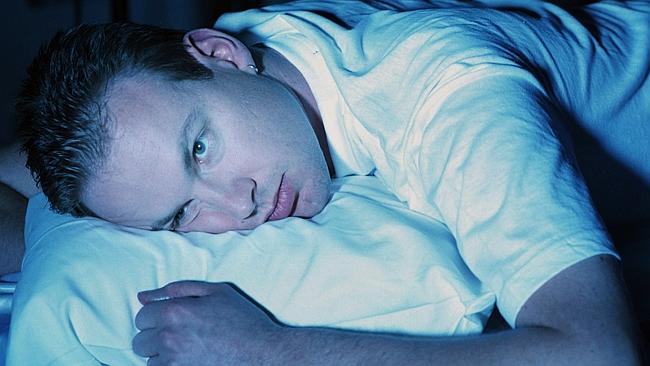Your weekend sleep in doesn't work
DID you sleep in on the weekend, hoping it would put you in good stead for the rest of the week? We have bad news for you.

DID you sleep in on the weekend, hoping it would put you in good stead for the rest of the week? We have bad news for you.
A study by Penn State University's Hershey Sleep Research & Treatment Center found that catch up sleep - usually done on weekends after smashing out a long week at work - doesn't really work.
Thirty healthy adults were instructed to sleep eight hours for the first four nights, six hours for the next six nights, and ten hours for the next three nights, in an attempt to simulate sleep loss and sleep recovery.
The study found that while the two days worth of 'recovery sleep' lowered the level of interleukin-6 in participant's blood, which is an inflammation agent in the body, overall attention performance did not improve.
"The major take away message is that extended sleep helps, but only to some extent," study co-author Dr. Alexandros Vgontzas told The Huffington Post.
"The repeated cycle of restriction/recovery may be harmful to your health in the long run. The long-term effects of a repeated sleep restriction/sleep recovery weekly cycle in humans remains unknown," they concluded.
And, they're not alone in their theory. The National Sleep Foundation of America tackles the notion of irregular sleeping patterns head on, claiming that "when we don't get adequate sleep, we accumulate a sleep debt that can be difficult to "pay back" if it becomes too big. The resulting sleep deprivation has been linked to health problems such as obesity and high blood pressure, negative mood and behaviour, decreased productivity, and safety issues in the home, on the job, and on the road."
Additionally, a study conducted by the University of Surrey looking at sleep deprivation found that "as little as one week of inadequate sleep is enough to alter the activity of hundreds of human genes."
So, say 'So Long!' to your leisurely sleep in, and instead try to get into a sleeping pattern that your body can get used to. Australia's Sleep Health Foundation recommends going to bed at the same time each night: "The body has an internal clock and hormones that control sleepiness and wakefulness. This clock works best if there is a regular sleep routine. When working well, you will feel sleepy at bed time. Try not to ignore this by staying up, as this is a window of opportunity for sleep" they said.
###



